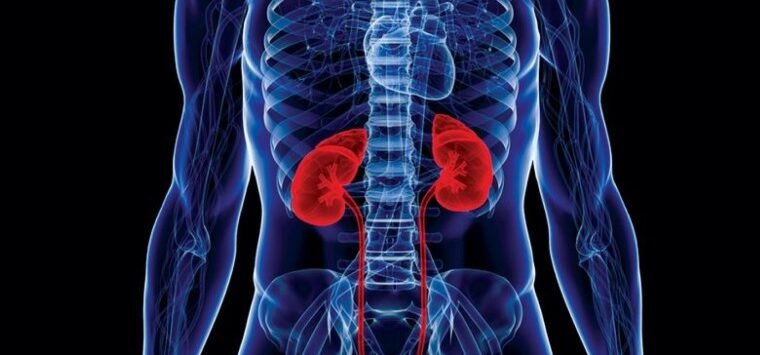The kidneys are essential organs responsible for filtering waste, balancing body fluids, and regulating blood pressure. However, kidney damage can develop gradually, often going unnoticed until symptoms become severe. Identifying early kidney damage symptoms is crucial for maintaining kidney health and preventing further complications. In this article, we’ll discuss common signs of kidney damage, including those that may appear at night, like frequent urination, so you can recognize potential issues and take action.
1. Frequent Urination at Night
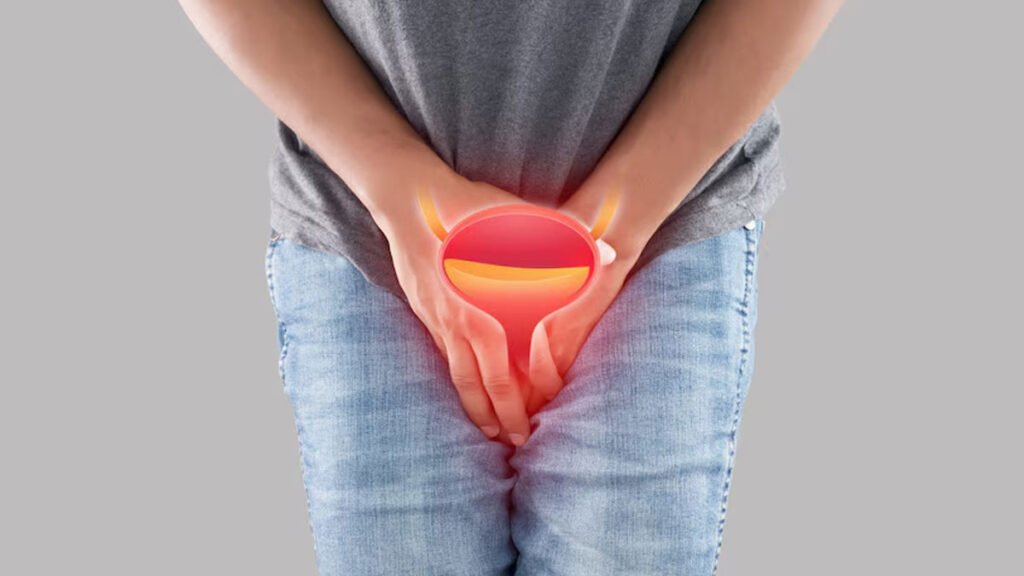
Waking up multiple times at night to urinate, also known as nocturia, can be an early sign of kidney damage. Healthy kidneys filter blood during the day and concentrate urine for excretion during the day, allowing for restful nights. However, when kidneys begin to lose function, they may struggle to regulate urine production effectively, leading to an increased need to urinate during the night. Frequent urination can disrupt sleep and may be a sign that your kidneys are not filtering waste properly. This symptom often becomes more noticeable as kidney function declines and can lead to other issues, including dehydration and daytime fatigue.
2. Foamy or Bubbly Urine
Foamy or bubbly urine can indicate that your kidneys are allowing protein to leak into your urine, a condition known as proteinuria. Normally, kidneys retain important proteins in the bloodstream, but damaged kidneys may struggle to keep these proteins, resulting in frothy or bubbly urine. This foam is often more noticeable after using the restroom, and it can persist if the kidneys continue to deteriorate. Persistent foamy urine should not be ignored, as it can signify damage to the kidneys’ filtering units, known as glomeruli. Detecting proteinuria early can help prevent further kidney damage and promote better management of kidney health.
3. Swelling in Your Feet, Ankles, or Hands
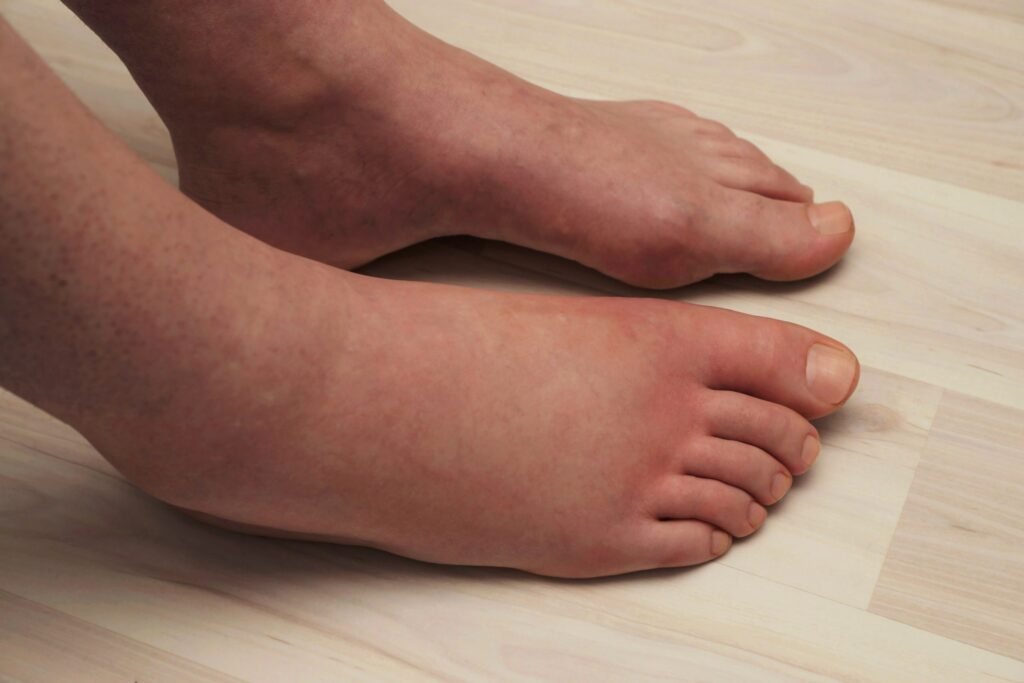
Swelling, particularly in the lower extremities, is another common symptom of kidney damage. When kidneys are unable to efficiently remove excess fluid and waste from the body, fluids begin to accumulate in tissues, leading to swelling or puffiness in the feet, ankles, hands, or even around the eyes. This swelling can feel uncomfortable and may worsen throughout the day. In more advanced cases, kidney damage can lead to significant fluid retention, impacting daily activities and overall comfort. If you notice unusual or persistent swelling, it could indicate that your kidneys are struggling to maintain the body’s fluid balance.
4. Feeling Tired or Weak
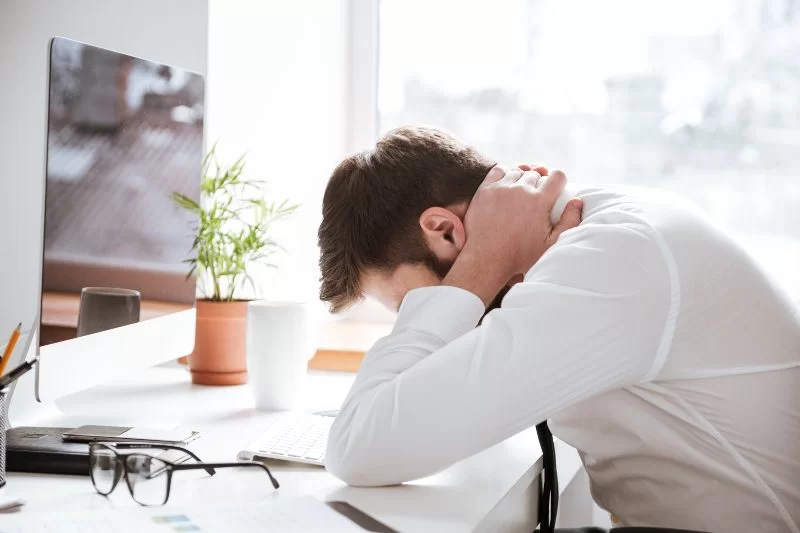
Kidneys play a role in producing red blood cells through a hormone called erythropoietin. These cells transport oxygen throughout the body, which is vital for energy production. When kidney function declines, the body may produce fewer red blood cells, leading to anemia. Anemia can cause symptoms like persistent tiredness, weakness, and a general lack of energy, making it difficult to complete daily tasks. Feeling constantly drained without a clear reason could be linked to declining kidney function, as the body struggles to maintain normal energy levels due to reduced oxygen supply.
5. Pain in the Lower Back or Side

Pain in the lower back or side, where the kidneys are located, can be a warning sign of kidney issues. This pain can range from a dull ache to a sharp, stabbing sensation, often signaling an infection, kidney stones, or inflammation in the kidneys. If kidney stones are present, the pain may radiate to other areas, such as the groin or abdomen. Infections or other kidney-related problems can also cause discomfort in this region, particularly if they are accompanied by fever, chills, or a burning sensation during urination. Persistent or intense pain near the kidneys should prompt a visit to a healthcare professional for evaluation.
6. High Blood Pressure

Healthy kidneys play an important role in maintaining balanced blood pressure by regulating sodium and water levels in the body. When kidney function is compromised, the kidneys may struggle to maintain this balance, causing blood pressure to rise. High blood pressure, in turn, places additional stress on the kidneys, creating a cycle that can worsen kidney damage. If you have been diagnosed with high blood pressure and it becomes increasingly difficult to manage, it may be worth investigating potential kidney issues. Monitoring and managing blood pressure is essential to protect kidney health and prevent further complications.
7. Dizziness or Trouble Focusing
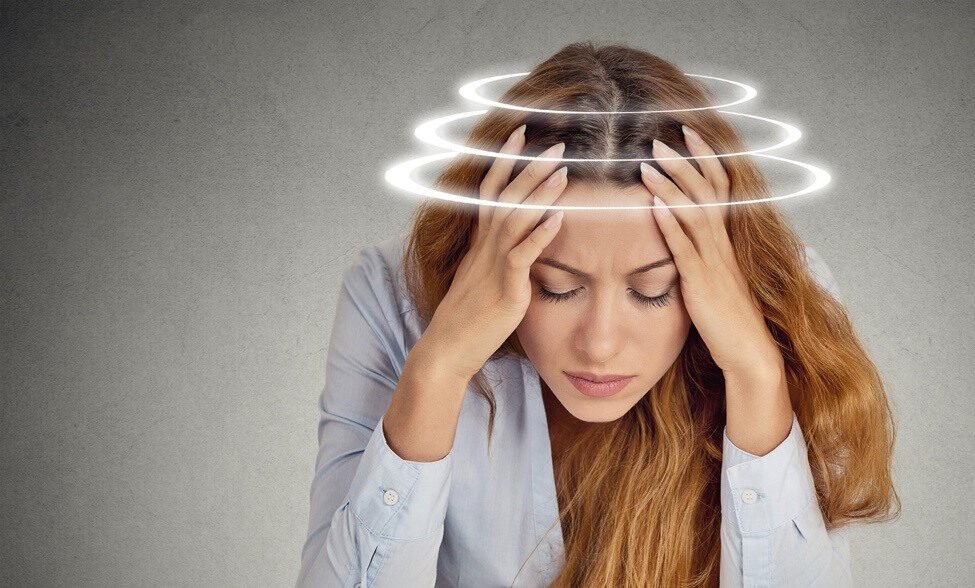
Poor kidney function can lead to an accumulation of waste and toxins in the bloodstream, which may interfere with brain function. This buildup can result in symptoms like dizziness, confusion, and trouble concentrating. In more advanced stages of kidney damage, individuals may experience memory problems or difficulty making decisions. These cognitive symptoms can affect daily life and overall well-being, highlighting the importance of kidney health in maintaining mental clarity. If you find yourself feeling unusually foggy or struggling with focus, it could be a sign that your kidneys are not effectively filtering toxins from the blood.
How to Protect Your Kidneys
- Stay Hydrated: Drinking water regularly helps the kidneys filter waste and maintain fluid balance, reducing the risk of kidney strain.
- Limit Salt and Processed Foods: Reducing sodium intake lowers blood pressure and reduces stress on the kidneys, promoting long-term health.
- Monitor Blood Pressure and Blood Sugar: High blood pressure and diabetes are leading causes of kidney damage. Regular monitoring can help prevent complications.
- Exercise Regularly: Physical activity supports overall health, helps maintain a healthy weight, and reduces the risk of high blood pressure and diabetes, both of which can harm the kidneys.
- Avoid Overuse of Painkillers: Long-term use of nonsteroidal anti-inflammatory drugs (NSAIDs) can cause kidney damage. Use medications as directed and consult a doctor about safe alternatives if needed.
- Schedule Regular Checkups: Routine checkups and kidney function tests can detect early signs of kidney damage, enabling timely intervention.
Conclusion
Kidney health is vital for overall wellness, and recognizing kidney damage symptoms early can make a significant difference. Symptoms such as frequent urination at night, foamy urine, swelling, or persistent fatigue could be warning signs that your kidneys need attention. If you notice any of these signs, consult a healthcare provider to explore potential kidney issues. Early detection and preventive care can help you protect your kidneys and maintain a high quality of life.
If you have any queries related to medical health, consult Subhash Goyal or his team members on this given no +91 99150 72372, +91 99150 99575, +918283060000
